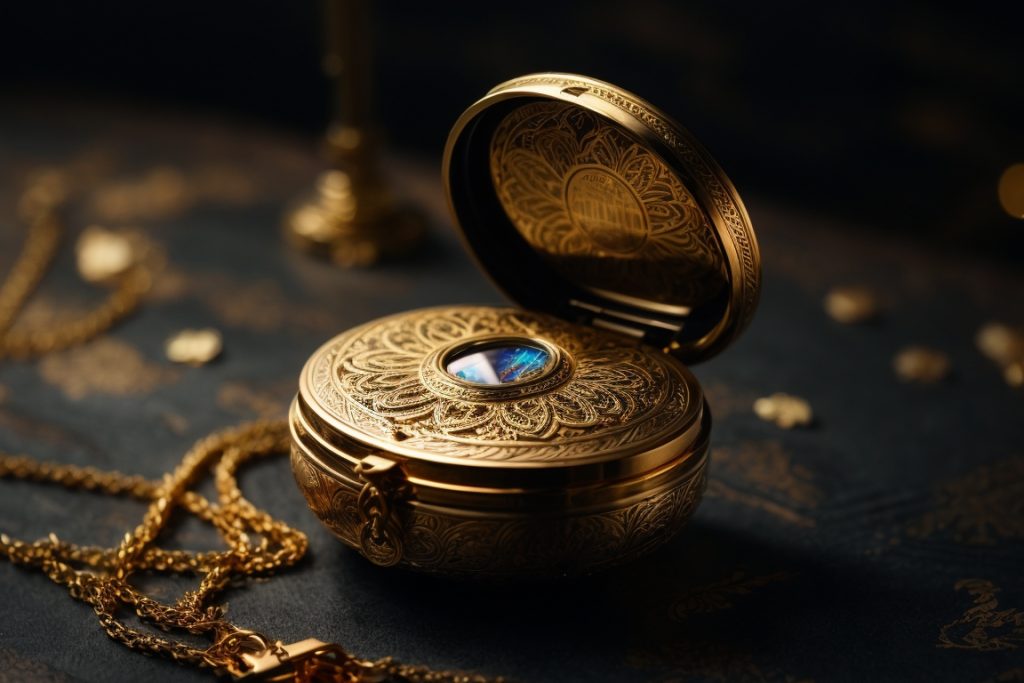
The Dark Lord: Understanding Voldemort’s Quest for Power and Immortality
Welcome to the dark side of the wizarding world! Today, we’re not just peeking into the mind of He-Who-Must-Not-Be-Named; we’re diving headfirst. Voldemort, the name alone sends shivers down our spines, but what’s the real story behind those chilling red eyes and that quest for immortality? Let’s bravely explore the life of the wizarding world’s most infamous villain. Spoiler alert: It’s gonna be a spooky ride!
Voldemort: The Embodiment of Fear and Ambition
Voldemort represents the embodiment of extreme fear, ambition, and the desire for control. His characterization as the Dark Lord is a study in the corrupting influence of power and the fear of death. Rowling’s portrayal of Voldemort offers insight into the psyche of a tyrant, driven by a deep-seated fear of mortality and a desire for dominion.
The Origins of Tom Riddle
Understanding Voldemort’s character necessitates an exploration of his origins as Tom Riddle. His upbringing in an orphanage, devoid of love and affection, and his discovery of his magical heritage and lineage, play pivotal roles in shaping his worldview. These early experiences sow the seeds of his disdain for weakness and his obsession with purity of blood.
The Quest for Immortality
Voldemort’s quest for immortality is central to his character. His creation of Horcruxes, achieved through the heinous act of murder, is a manifestation of his refusal to accept the inevitability of death. This quest reflects a profound fear of mortality and a narcissistic desire to assert his supremacy over the natural order.
The Psychology of Power
Voldemort’s pursuit of power is not merely a quest for domination but a reflection of his psychological makeup. His need for control, stemming from a deep-seated insecurity and a desire to compensate for his humble beginnings, drives his tyrannical actions. Voldemort’s brand of leadership, based on fear and coercion, reveals the destructive nature of power when wielded without empathy or moral restraint.
The Symbolism of Voldemort in the Wizarding World
Voldemort symbolizes the ultimate evil in the wizarding world, representing themes of racism, eugenics, and totalitarianism. His obsession with blood purity and his disdain for Muggles and Muggle-borns mirror real-world historical ideologies and atrocities. Voldemort’s character serves as a narrative device to explore these dark themes within the fantasy setting of the series.
The Downfall of the Dark Lord
Voldemort’s downfall is a culmination of his hubris and the inherent flaws in his pursuit of immortality. His underestimation of love, loyalty, and the human spirit, embodied in the characters of Harry Potter and his allies, leads to his ultimate defeat. This downfall serves as a narrative reaffirmation of the values of love, courage, and self-sacrifice.
Lord Voldemort, as a character in the Harry Potter series, offers a complex study of the nature of evil, the psychology of power, and the fear of death. His quest for immortality and dominion is a cautionary tale about the perils of unchecked ambition and the importance of empathy and moral integrity. Voldemort’s narrative serves as a profound exploration of themes relevant to both the fantasy world and the real world.